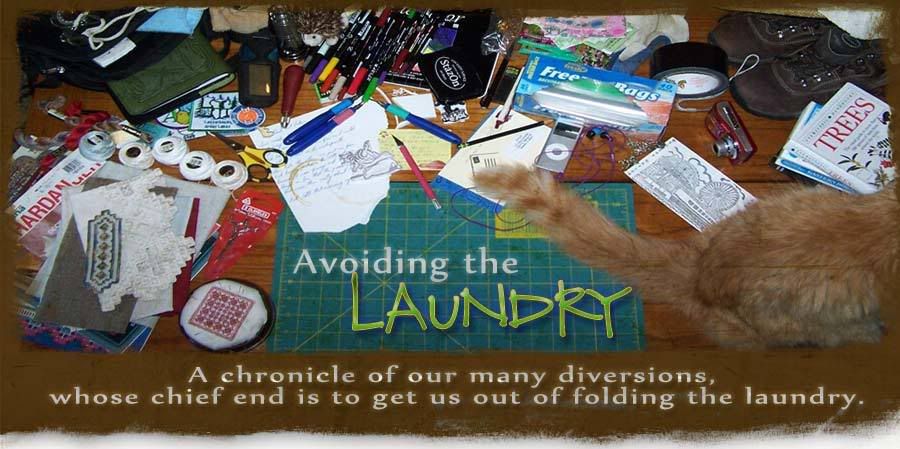How to know when it is time for an English Grammar refresher course:
- You use the word "got" more than once a month.
- "Do you want to go with?" sounds normal to you. In fact, you see nothing wrong with ending sentences with a preposition. (I can't tell you how relieved I was to learn that I could blame this fault on living too close to Chi-town.)
- You can't remember what split infinitives are, or why they should be avoided.
- The phrase "What I want to know is" has passed your lips any time this year.
- You think "ellipsis"refers to one planetary body passing in front of another.
- "Stuff", "thingy", and "goo" are the three most commonly used words in your household.
- Gerunds have something to do with old people, right?
- You use the words would, should, could, and might instead of their more authoritative cousins because you lost your spine somewhere in the morass of our politically correct, never-want-to-offend-anyone society.
Both relief and a sense of chagrin come with the discovery that Microsoft Word is smarter than me. Did you know that many word processor programs will not only edit for grammar and spelling, but will also alert you when you start a sentence with "And" or "But", write in passive voice, use gender specific terms, split infinitives, use contractions, cliches, or too many successive nouns or prepositional phrases? It can also run a readability scan and tell you at what grade level your writing can be understood. While it is a great tool to help improve your writing, it is also a little bit irritating to have the computer correct you that much. Humph.
Bonus point if you find the mistakes in this post.

Hmmmm...and I thought I was doing so well.
ReplyDeleteGuilty on the, um...what are they called again? ...oh yeah, those dot-thingys...
:-P
Well, I guess I use those - uh, those dash things - oh, yeah, hyphens! :o)
ReplyDelete(raising hand and waving it wildly) "Me, me, pick on me, Teacher!", she said. "I think I found the mistakes, and I need the extra credit!"
ReplyDelete"What were the mistakes you found?" the teacher asked.
"First, 'would', 'could', and 'should' should be in quotation marks, because they are standing for themselves rather than their actual meanings, and second, there should be a space between the closing quote on the word 'ellipsis' and the word 'refers'. Do I get the extra points?" She beamed at the teacher in absolute sincerity.
Romana
My "Understanding English Grammar" & "Elements of Style" are always close at hand. Happy B
ReplyDelete